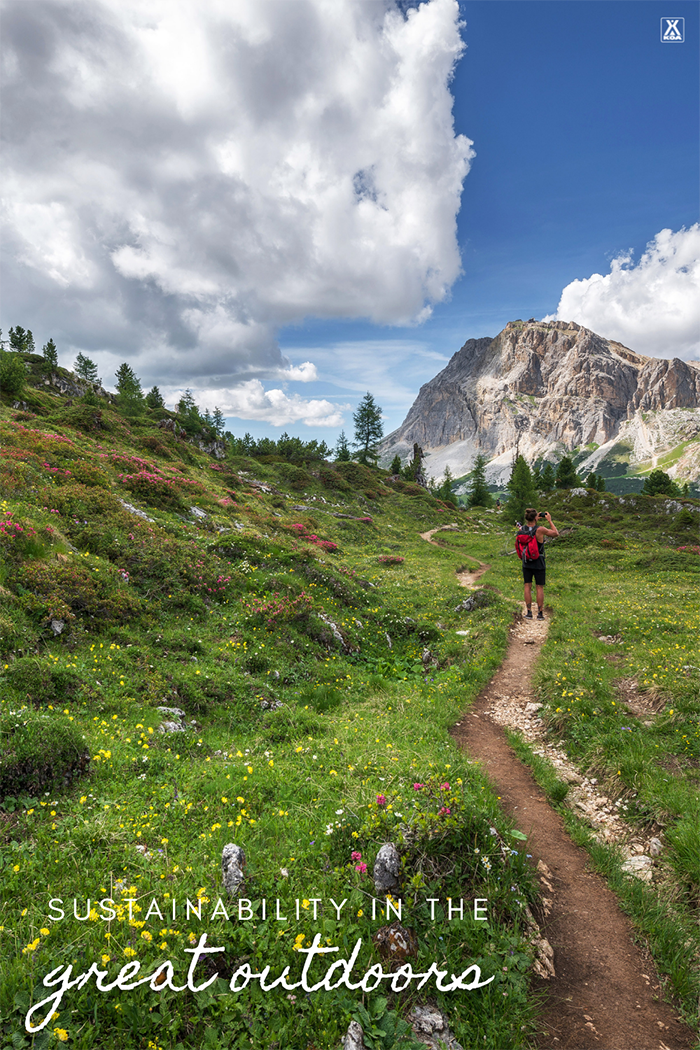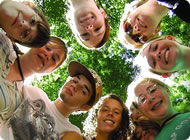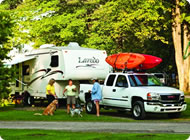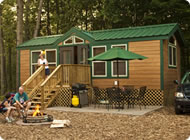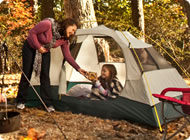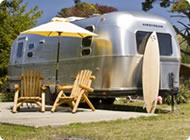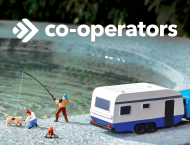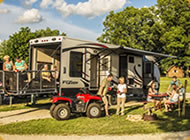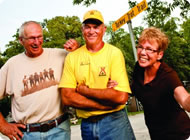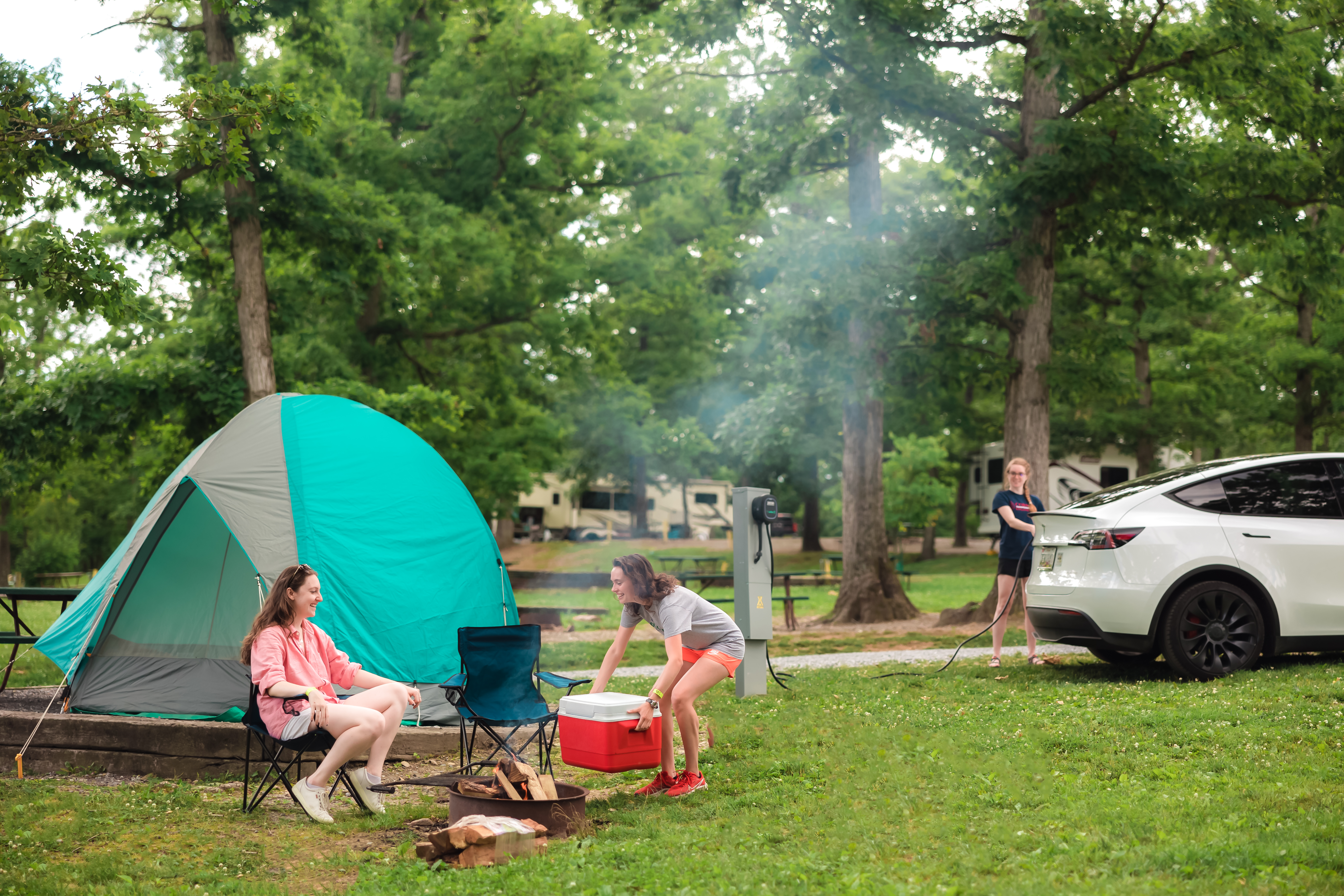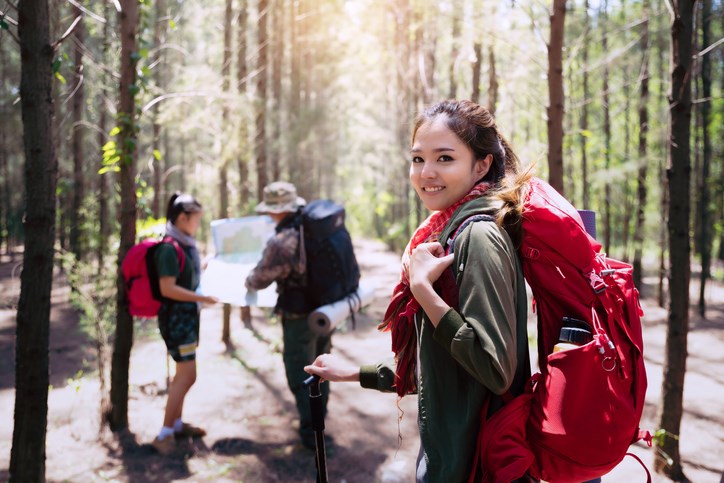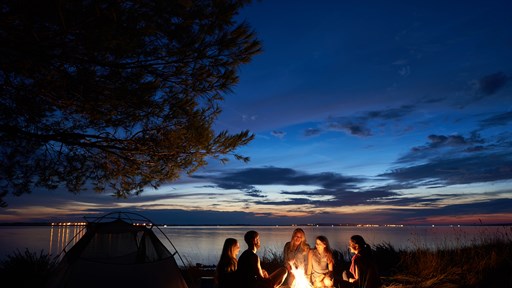When out camping and hiking, one of the central tenets for responsible outdoor recreation is to leave it better than you found it. It’s an adage that highlights the importance of environmental responsibility and minimizing impact on nature. As more and more people are venturing outdoors nowadays, it’s an ethos that’s more important than ever. Fortunately, there are simple techniques and tips for being prepared and leaving the great outdoors as green as you found it.
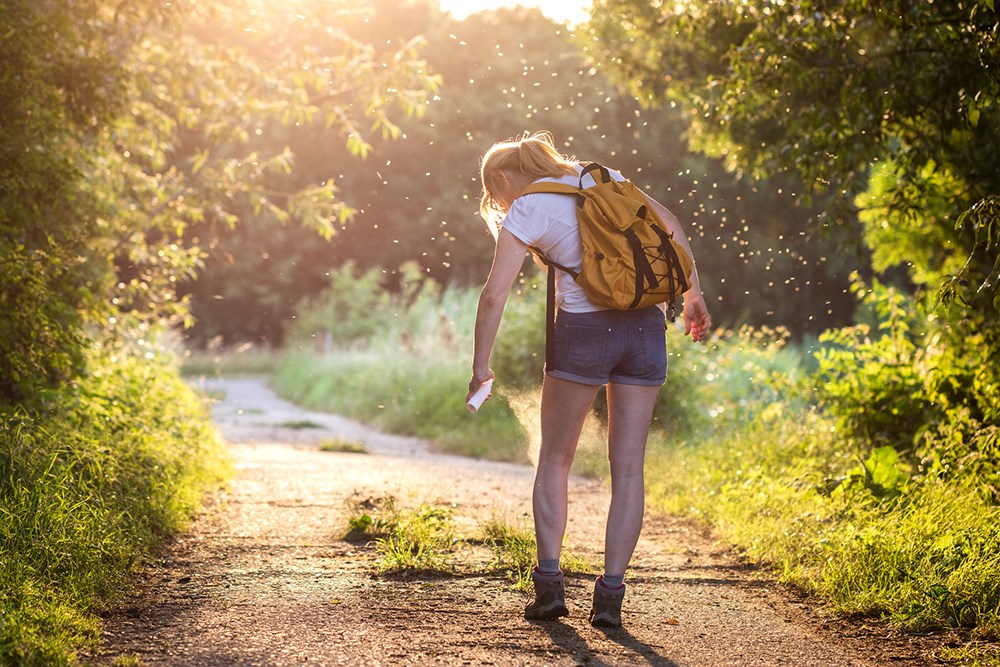
1. Choose the Right Bug Sprays
Bug spray and sunscreen are essentials when out camping or hiking, but it’s important to be selective about exactly which spray and sunscreen you’re choosing, because these seemingly trivial purchases can make a huge impact. Here’s where it pays to nitpick the labels before purchasing. With sunscreen, for example, you’ll want a product that’s not water soluble, as this can pollute water. Bug sprays really run the gamut in terms of strength and protection, but certain kinds can also be laden with damaging chemicals, so read labels and/or do some research to ensure you’re not dousing yourself in poison.
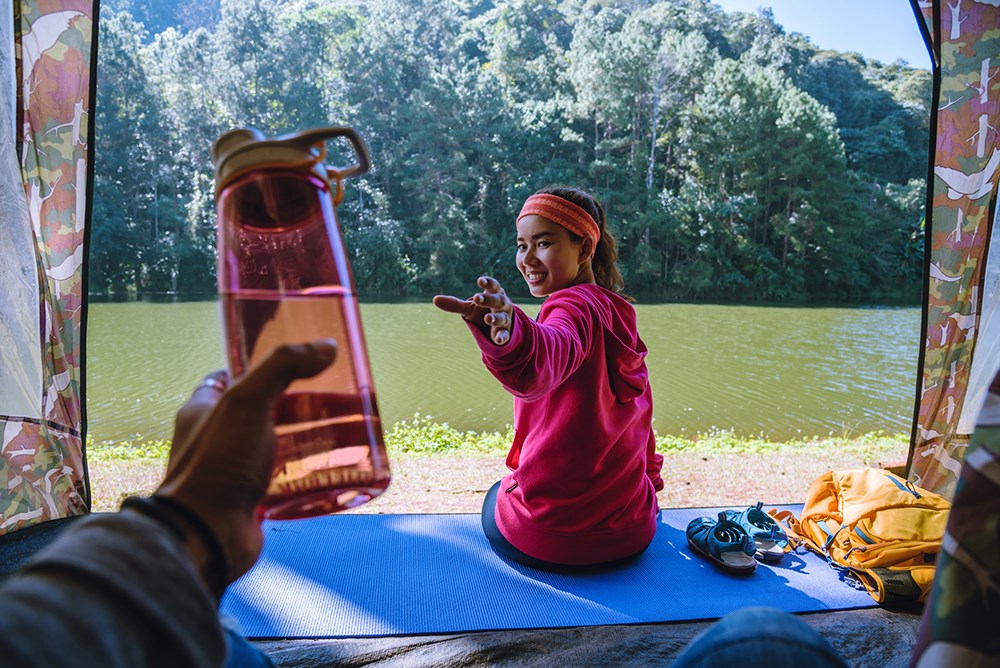
2. Skip Single-Use Items
By simply reducing the amount of products or equipment you take with you, you’re reducing the potential waste. When out in nature, single-use items (such as utensils, plates, bowls, cups) add up real quick, and create a whole heap of garbage that you’re gonna need to dispose of and potentially carry around with you. By opting for reusable items as much as possible, you’ll cut down on excess waste and keep it minimized to the essentials.
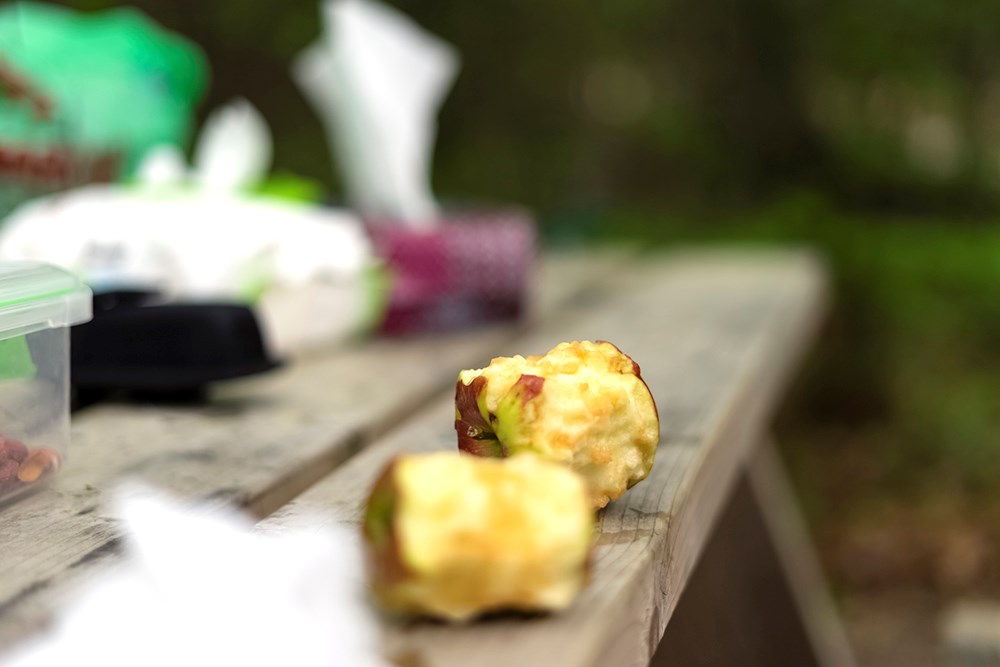
3. Take Your Food Waste With You
While many people might be under the assumption that certain things like banana peels and apple cores are biodegradable — and thus perfectly fine to toss on the side of the trail — these things can make a surprisingly large difference when it comes to decomposition and environmental impact, especially if said fruits contain pesticides (which a lot of them do). Not only should you obviously be carrying out food waste like wrappers and bags, but be prepared to tote out everything else too.
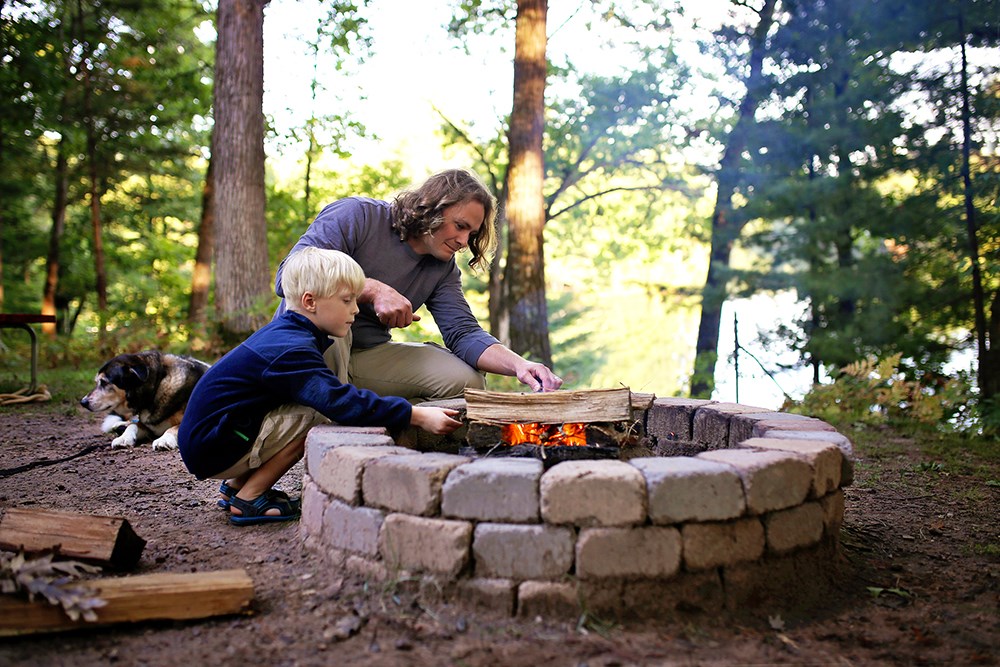
4. Don’t Burn Your Trash
Similar to the fruit waste situation, burning garbage in a campfire might seem totally harmless and normal, but when you’re camping and accumulating waste, it’s critical to always carry your garbage out with you (or toss it in the appropriate bin at your campground). Why? A lot of what you’re intending to burn is probably filled with harmful pollutants that could damage the air and soil around you.
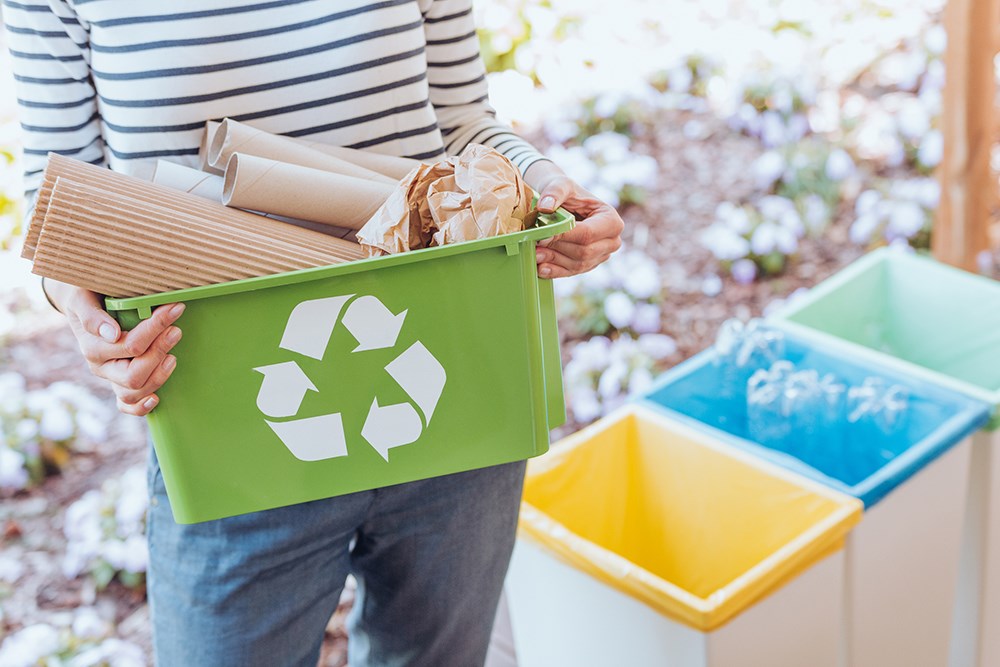
5. Separate Your Trash Accordingly
Another trash rule: clearly delineate your garbage into separate bags for recyclable material and regular trash. An easy trick for doing this is by preparing ahead of time with designated containers for recycling and garbage, and labeling accordingly. Stick with it and make a routine of discarding things appropriately, and then when your adventure is done, disposing of them appropriately as well. It might also help to separate your two piles so that they’re not right next to each other, creating possible confusion.
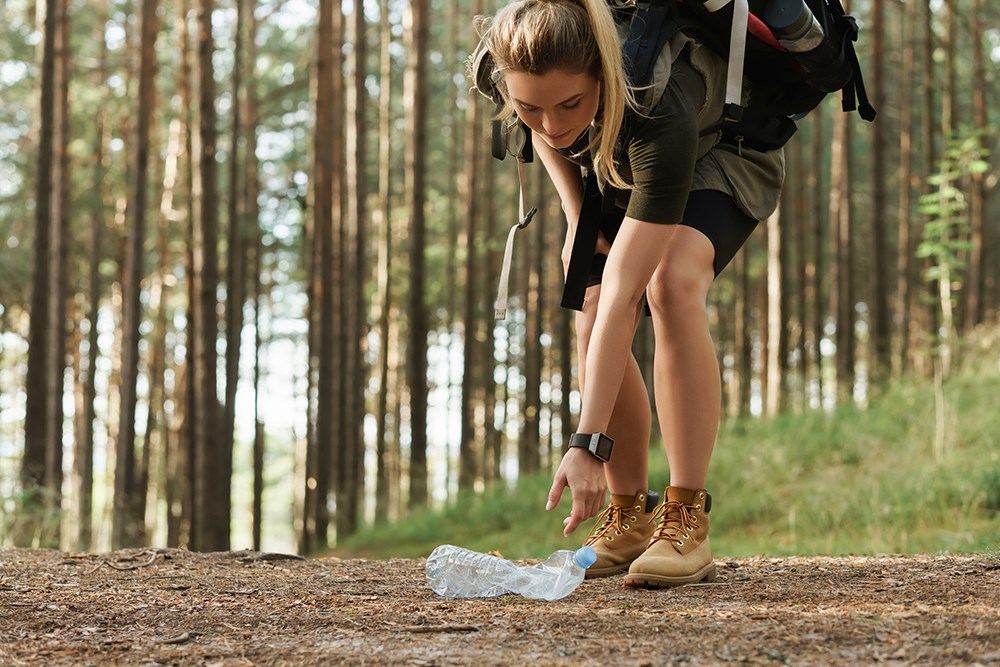
6. Make Things Even Cleaner
It’s one thing to clean up after yourself, but it’s even better if you go the extra step to clean up after others. After all, the adage is “leave it better than you found it,” with emphasis on better. You can do so by keeping an eye out for waste you may find on a trail or in a campsite. When out hiking, even if you won’t have any waste of your own, bring along a convenient disposable bag that you can fill with any trash you might spot along the way. Future hikers — and the environment — will thank you.
 Born and raised in New Hampshire, Matt Kirouac grew up with a love for camping and the outdoors. Though he’s lived in Chicago since 2006, he’s always on the lookout for new adventures. He writes about travel and food for outlets like TripExpert, Money Inc, Upventur, DiningOut, Food Fanatics magazine, Plate Magazine and Zagat, and he currently serves as Chicago editor for What Should We Do?! He’s the author of The Hunt Guides: Chicago (2016) and Unique Eats & Eateries of Chicago (2017).
Born and raised in New Hampshire, Matt Kirouac grew up with a love for camping and the outdoors. Though he’s lived in Chicago since 2006, he’s always on the lookout for new adventures. He writes about travel and food for outlets like TripExpert, Money Inc, Upventur, DiningOut, Food Fanatics magazine, Plate Magazine and Zagat, and he currently serves as Chicago editor for What Should We Do?! He’s the author of The Hunt Guides: Chicago (2016) and Unique Eats & Eateries of Chicago (2017).
